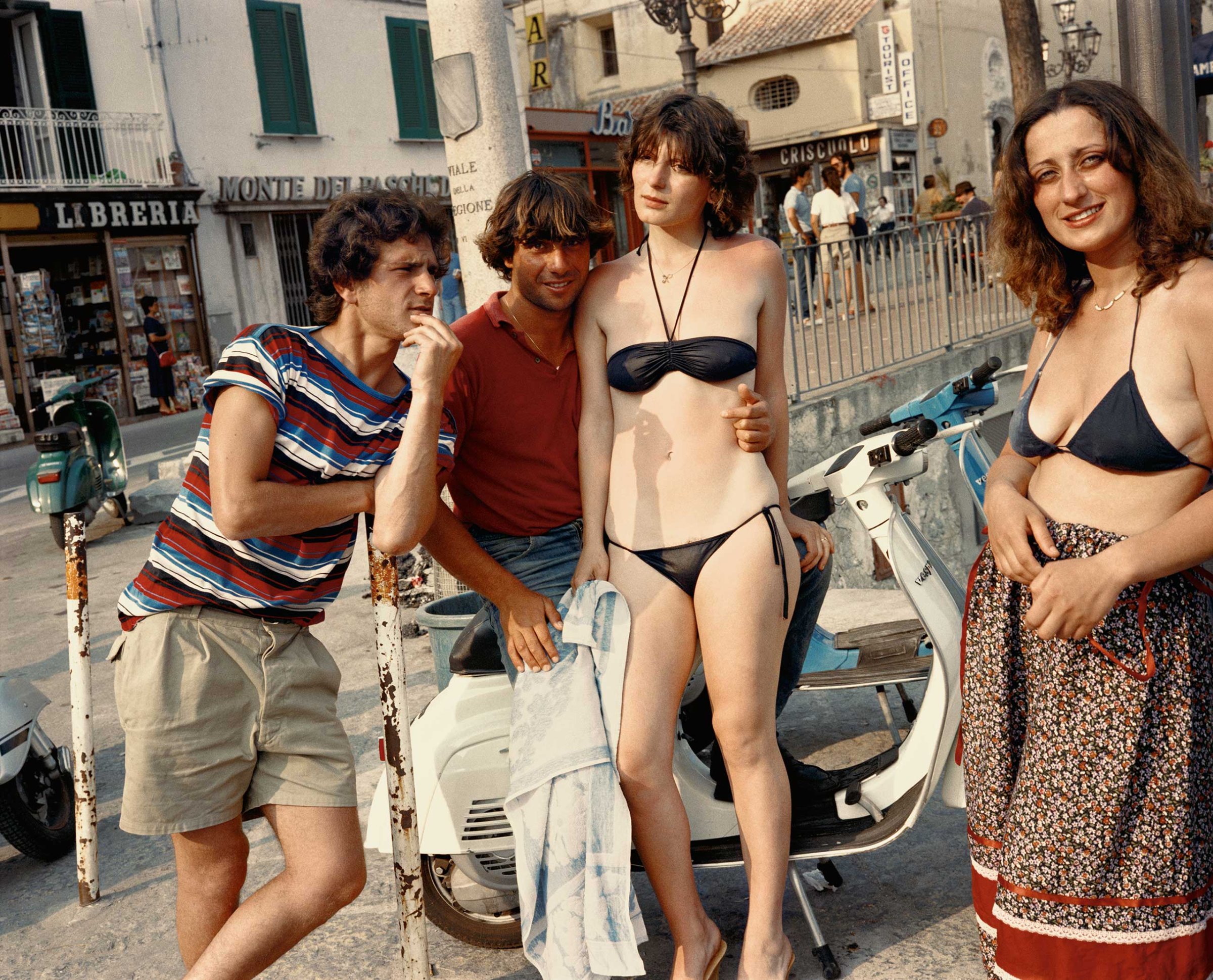
Italy has been through so much history that anything you say about the land and its people is doomed to repeat what has been said at least once before. And what may no longer be true was once true—and may be true one day again. But if there is a perennial aspect of Italy, it is the pursuit of la dolce vita, the sweet life of pleasure that the director Federico Fellini embodied with both sensuality and irony in his 1960 classic of the same name. The photographer Charles Traub alludes to Fellini in his collection of photographs from Italy in the 1980s, Dolce Via—the Sweet Way. Indeed, the Trevi Fountain in Rome, where the actress Anita Ekberg famously cavorted in the movie, is the backdrop of a number of Traub’s images. But there is something else Dolce Via shares with La Dolce Vita—not quite Fellini-esque but nevertheless slinky and sly in a distinct way.
That is the omnipresence and perhaps omnipotence of sex. Nothing is overt but every photograph is suffused by subtle and not-so-subtle sensualities pressing themselves forward. Even images of the innocent and the chaste, when set in context with the rest of the collection, evoke the urge and the idea of procreation in all its physicality and metaphysicality. Sex emerges not just from the act of kissing or from the exposure of skin or depths of a look—but from color. Traub’s Italy bursts with the colors of life. And that is why it is so sexy. It has ever been thus. The ancient Roman poet, Lucretius opened his wondrous philosophical poem The Nature of Things with a celebration of Venus—the goddess of sex (or love, as we can call it euphemistically) and also the mother of Aeneas, the founder of Rome. It is how everything in the universe is touched by Venus, everything is a sensual pursuit of union, be it animals or clouds or the invisible atoms that come together to form the basis of life and existence itself.
Traub, who is now the chair of the photography department of the School of Visual Arts in New York, presents an Italy that came two decades after Fellini. Yet both artists have portrayed a world that is in a continuum with that perceived by Lucretius back in the First Century B.C.—sensual and sad, bursting with color and pleasure, magnificent even in its melancholy. That is eternal nature of Italy, the very nature of every thing
Charles H. Traub is the founder and chair of the MFA Photography, Video and Related Media program at the School of Visual Arts. He has published seven books. Dolce Via is available now from Damiani. Traub has a book signing at International Center of Photography in New York, April 18, 2014.
Howard Chua-Eoan is a TIME contributor and the former news director of the magazine.
Read next: Nirvana: Personal Snapshots in the Unmistakable 90s
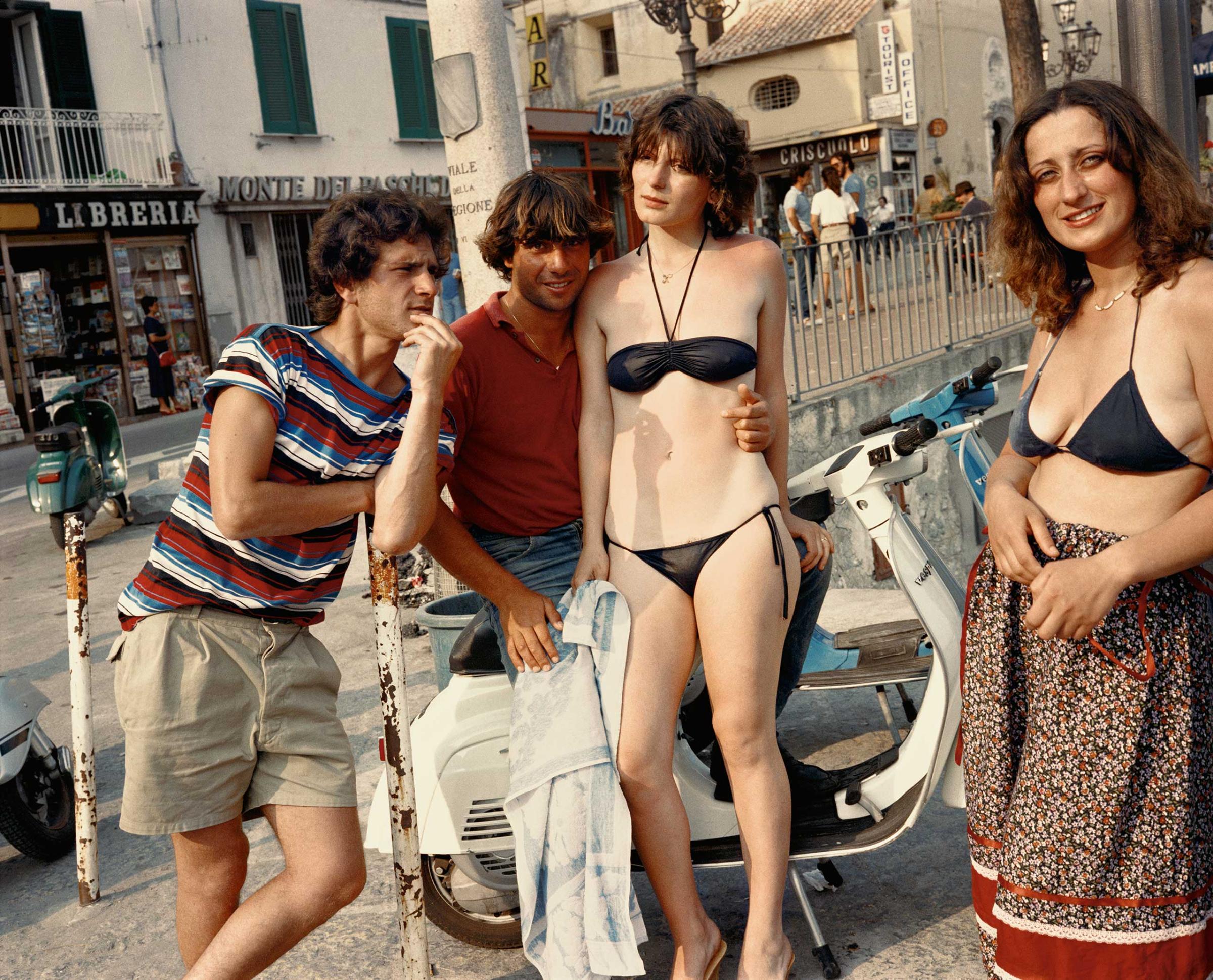
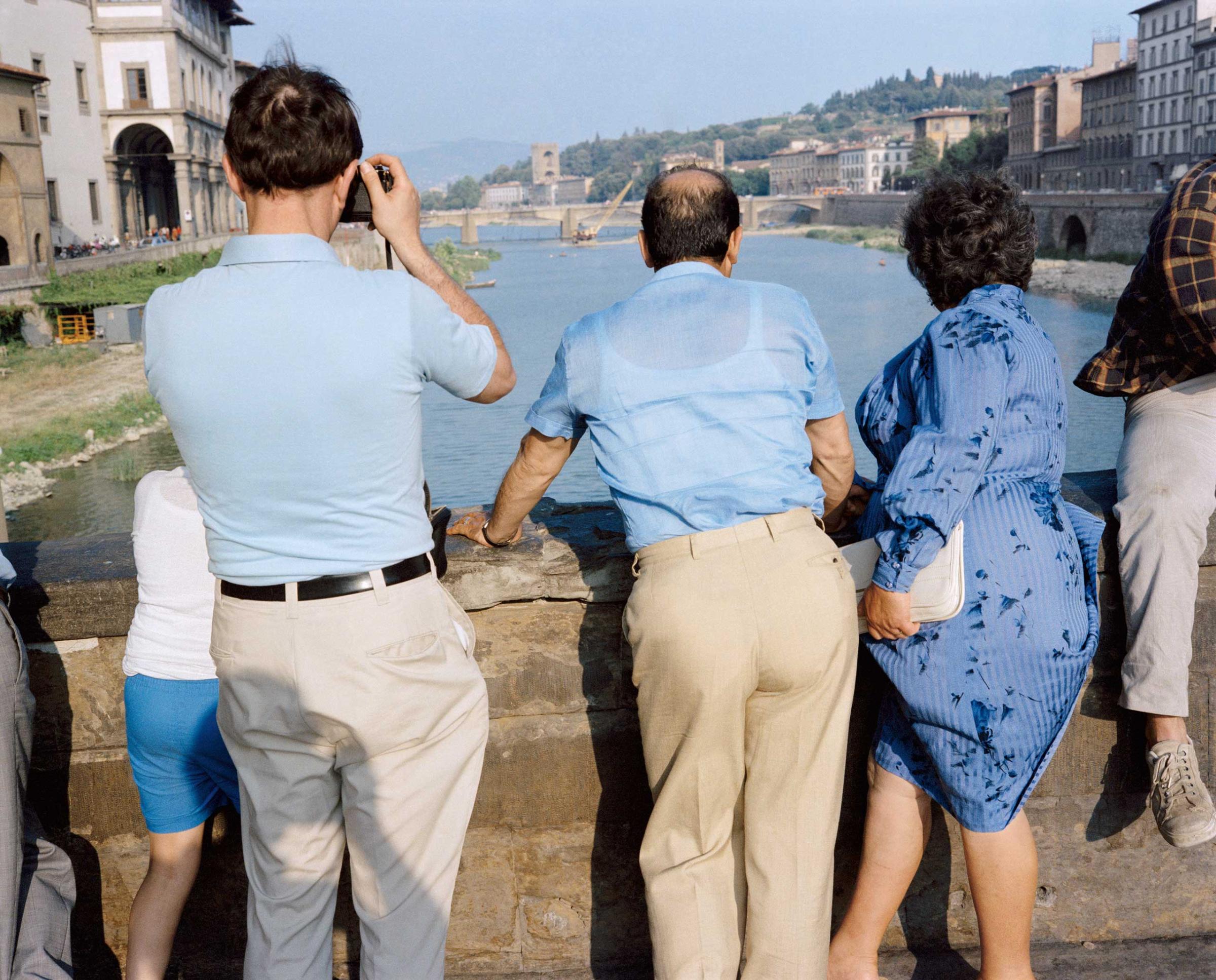
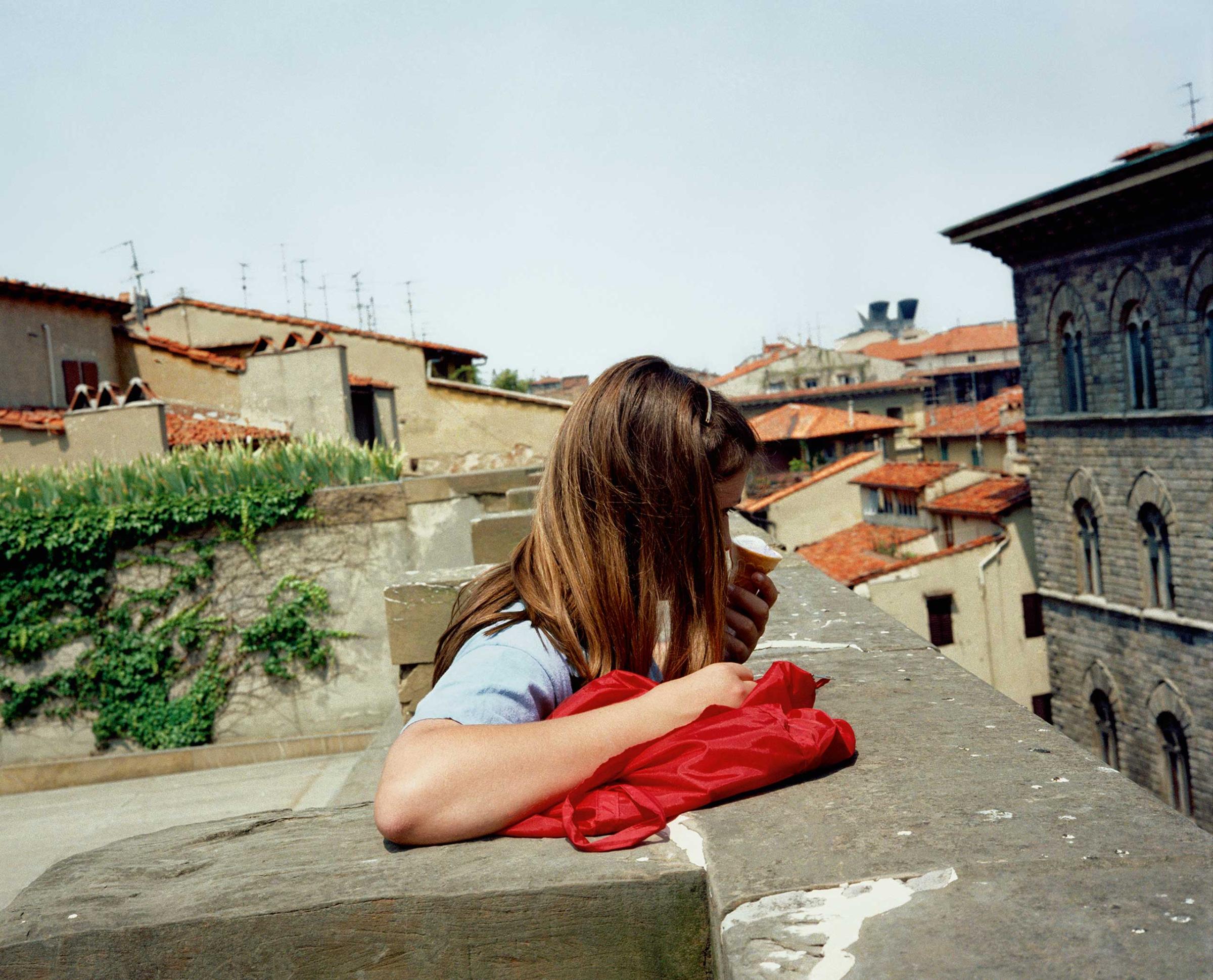
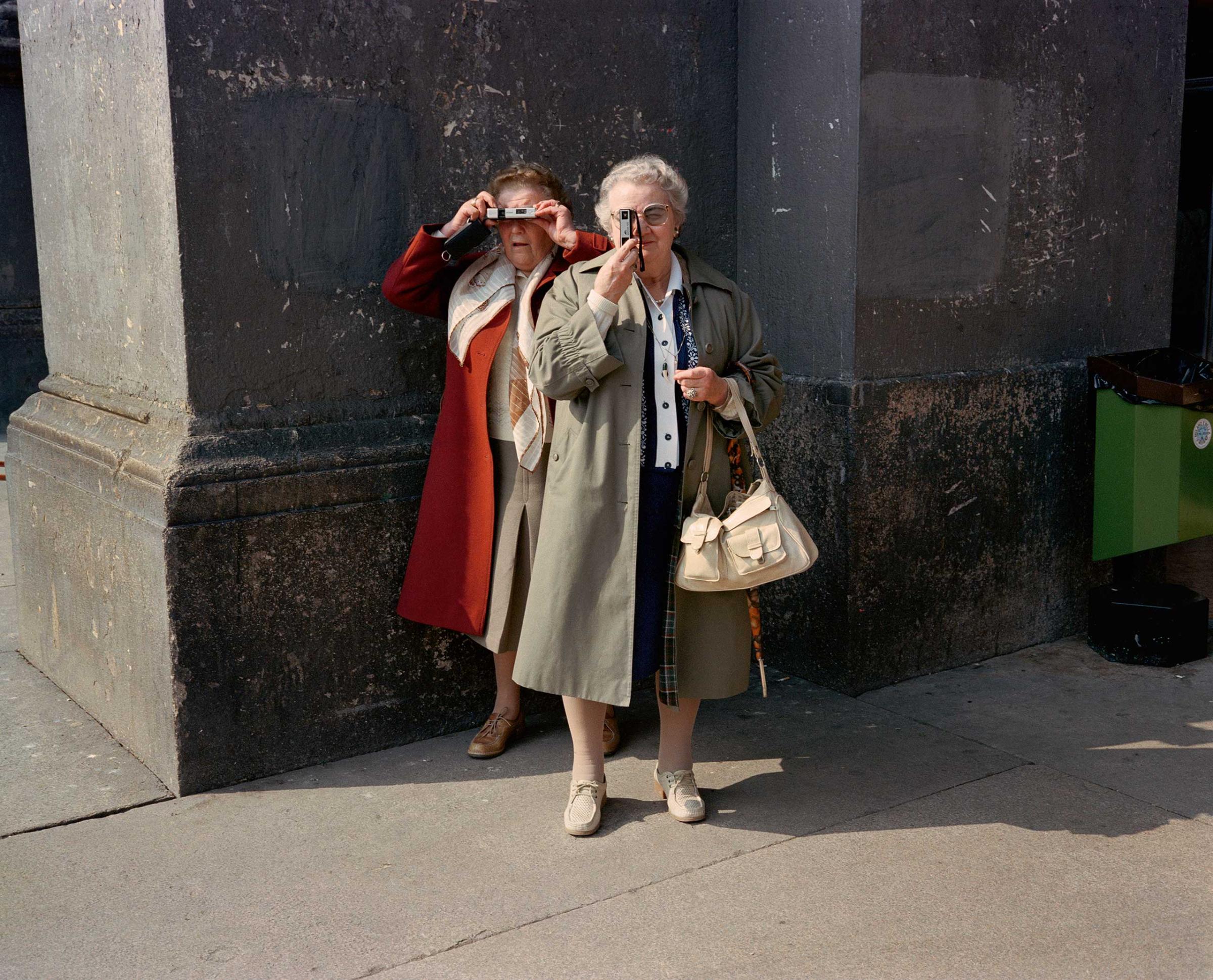
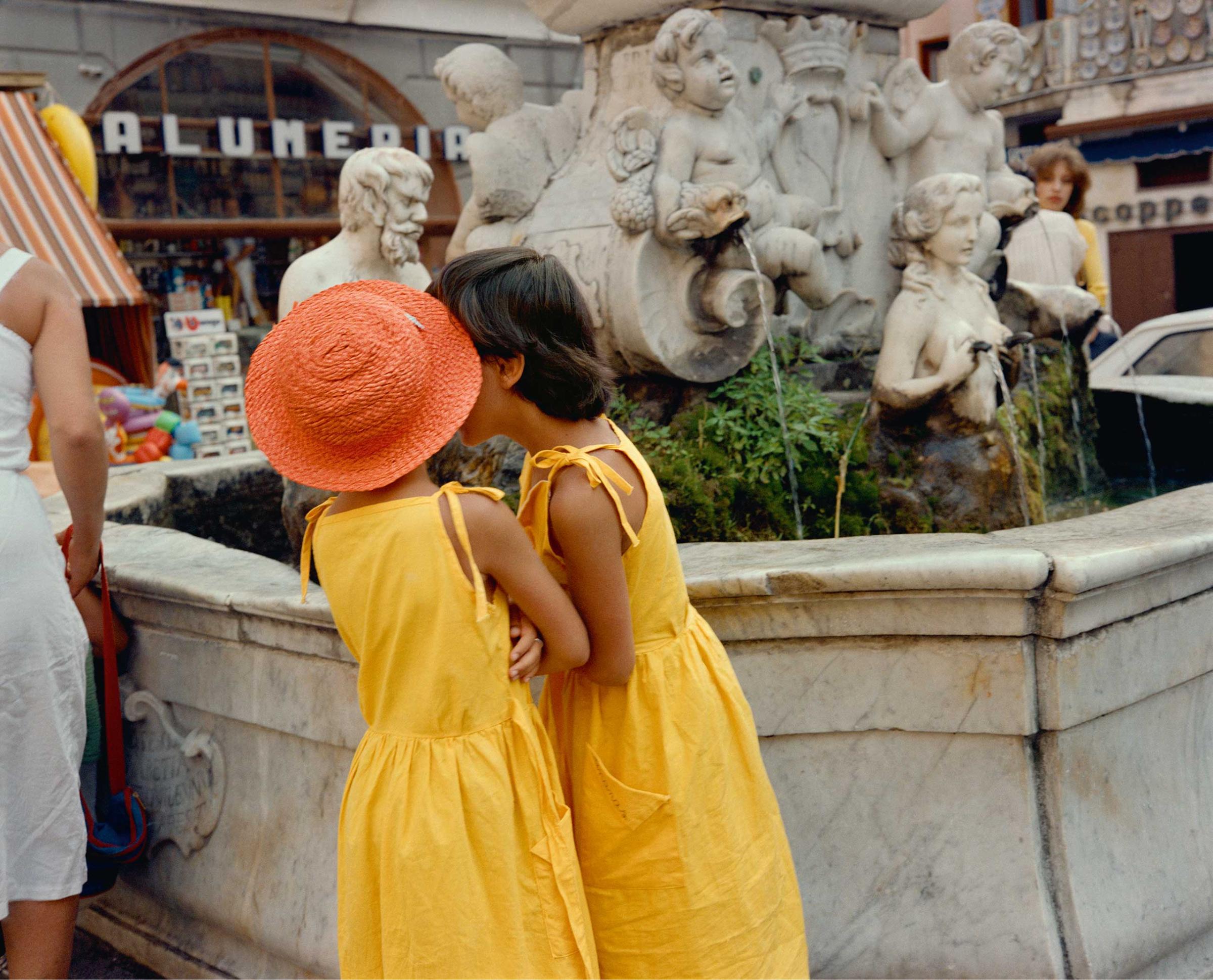
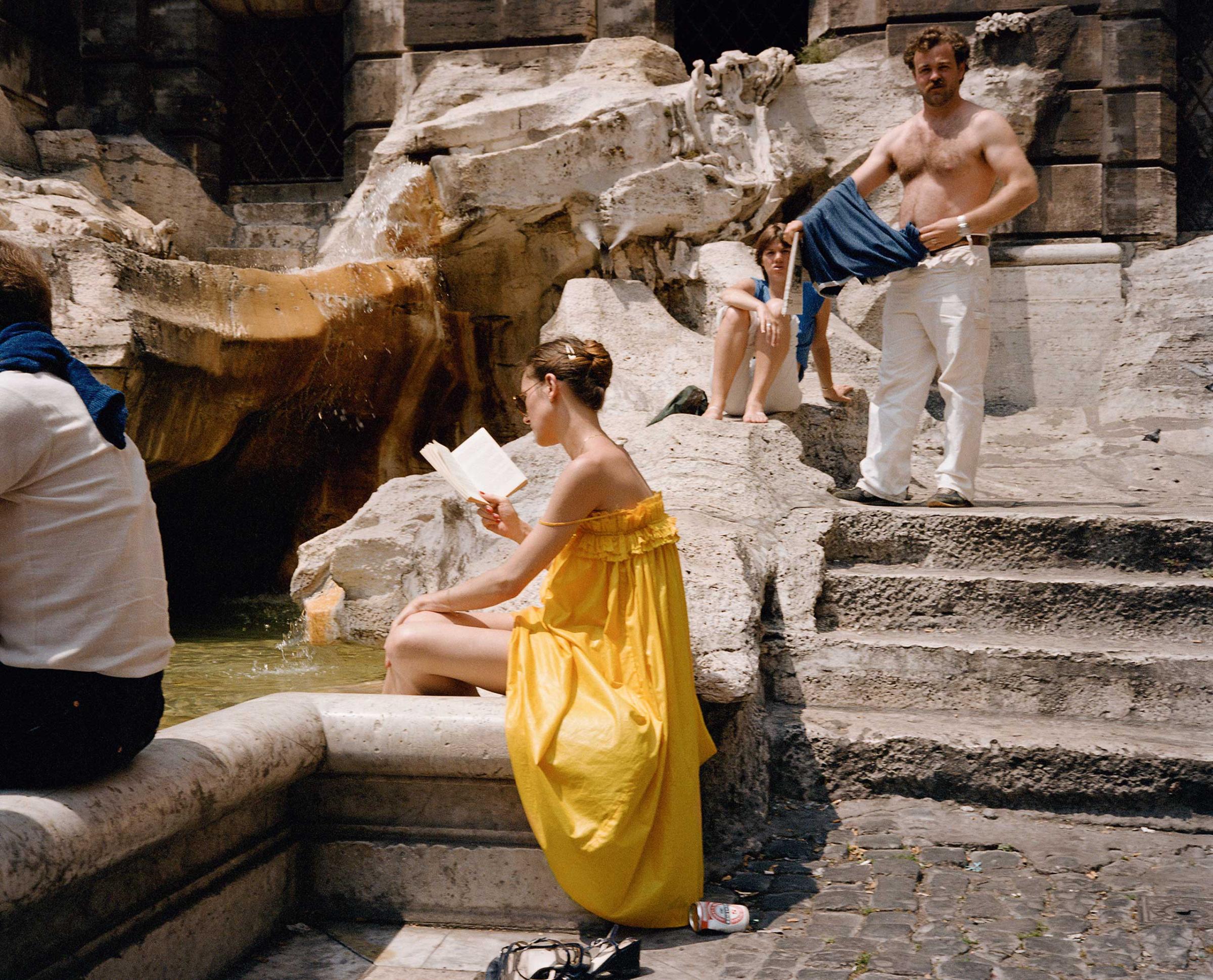
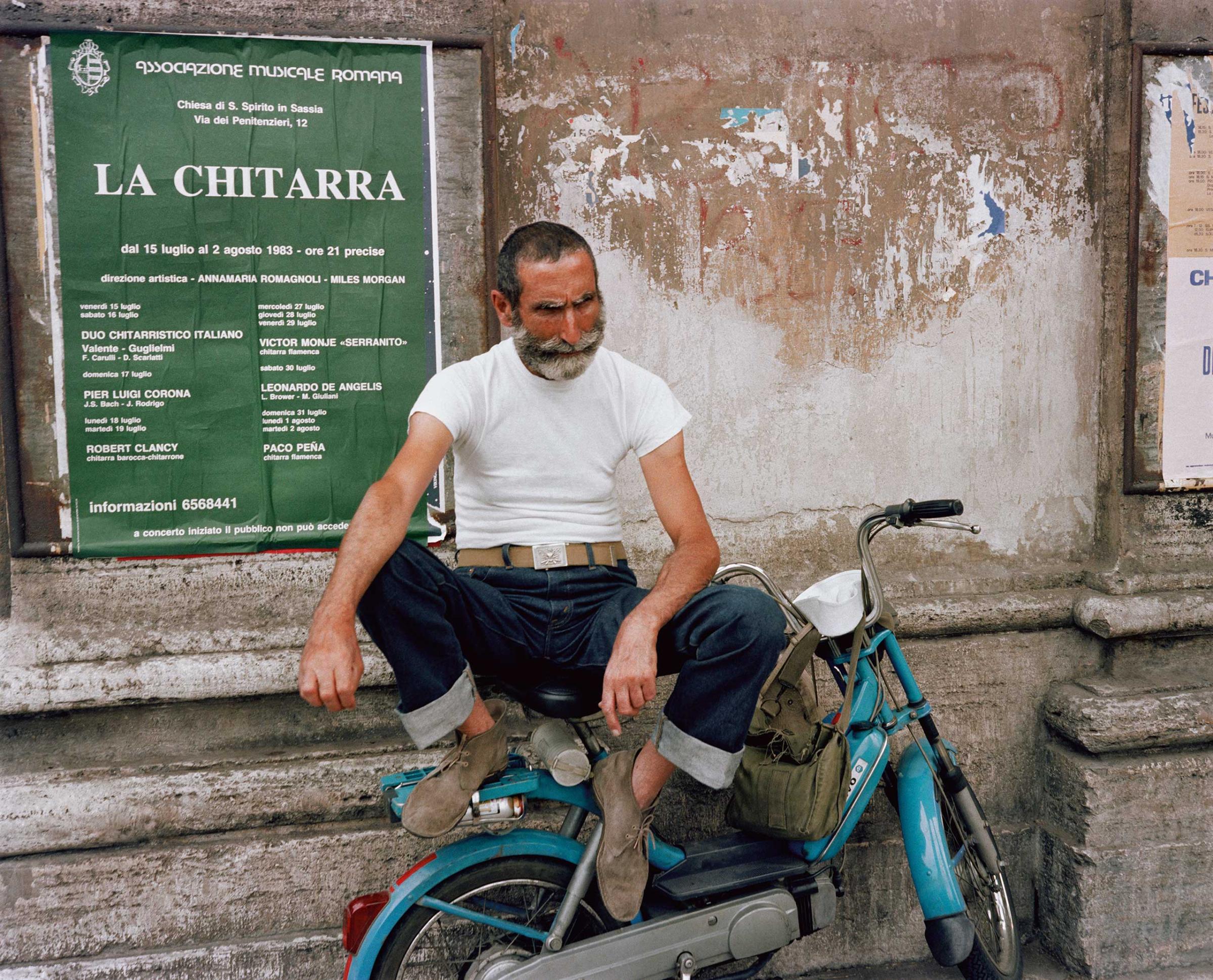
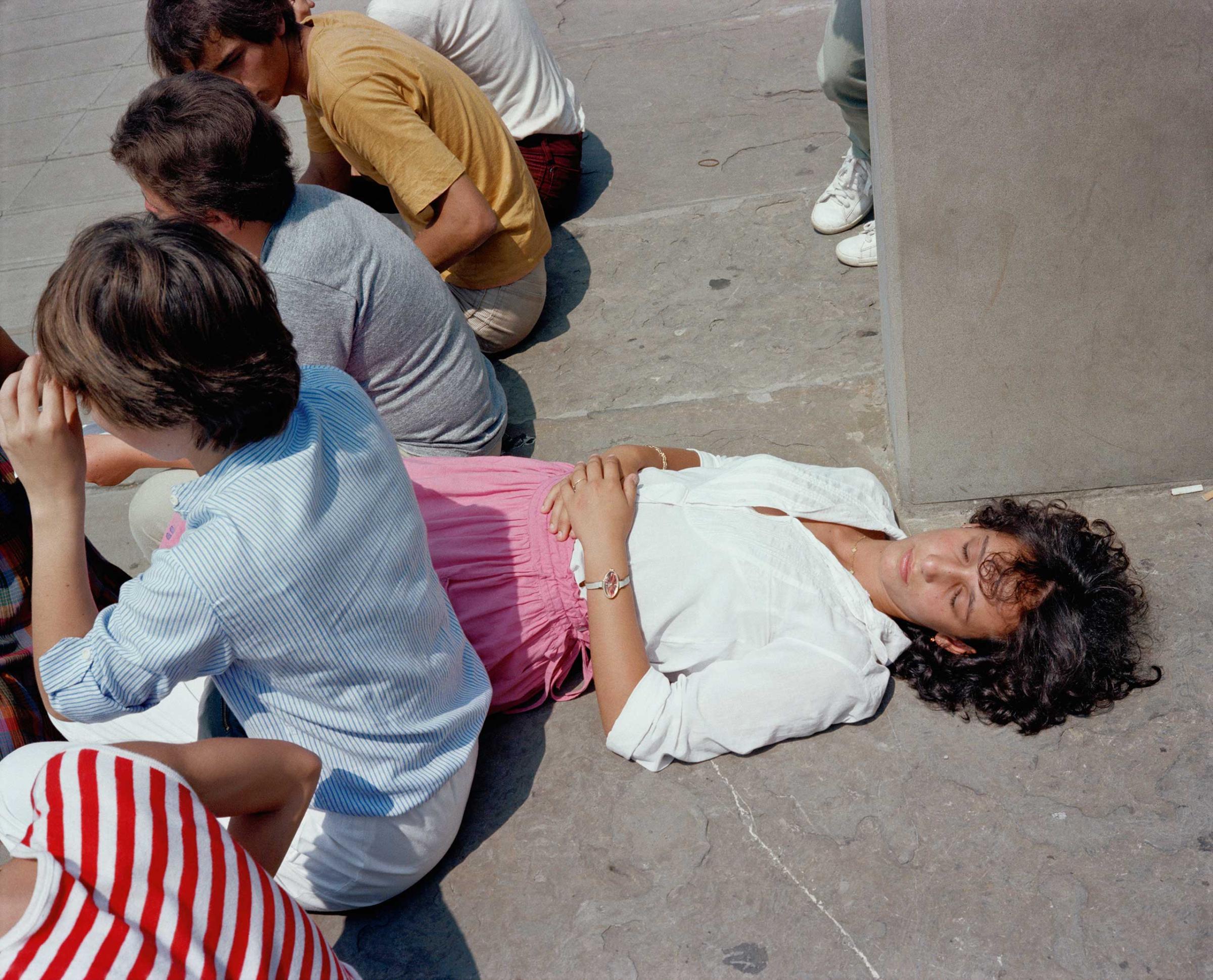
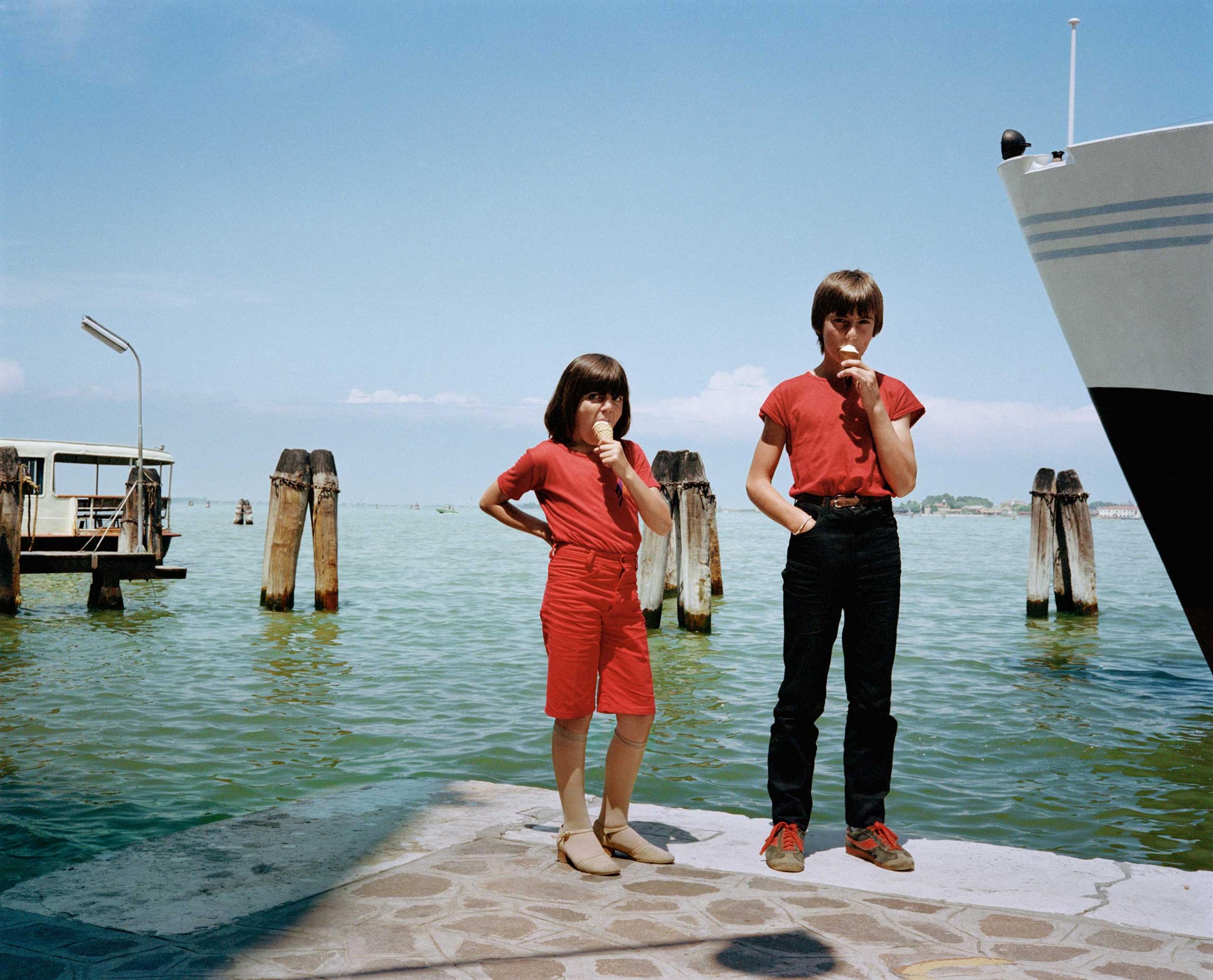
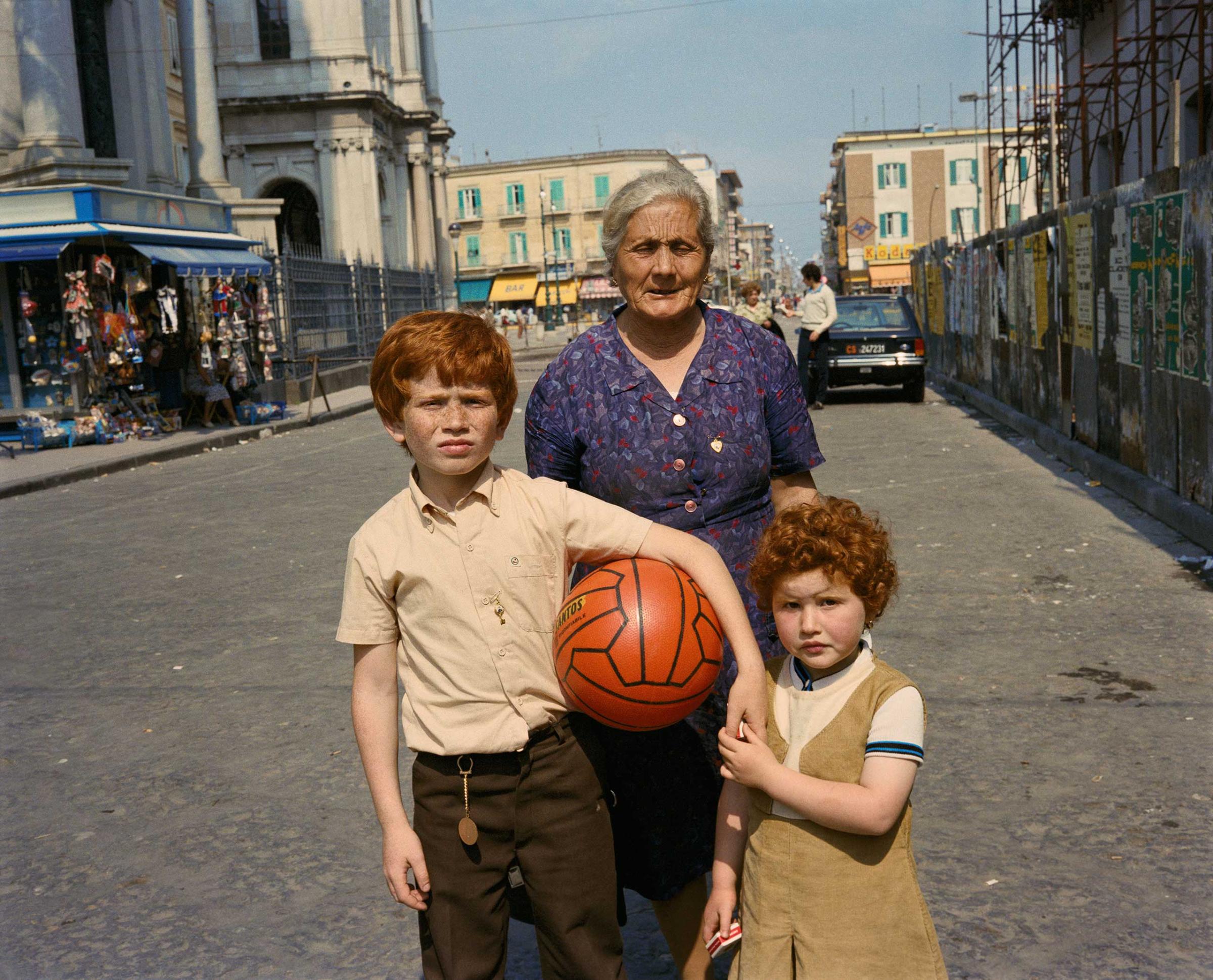
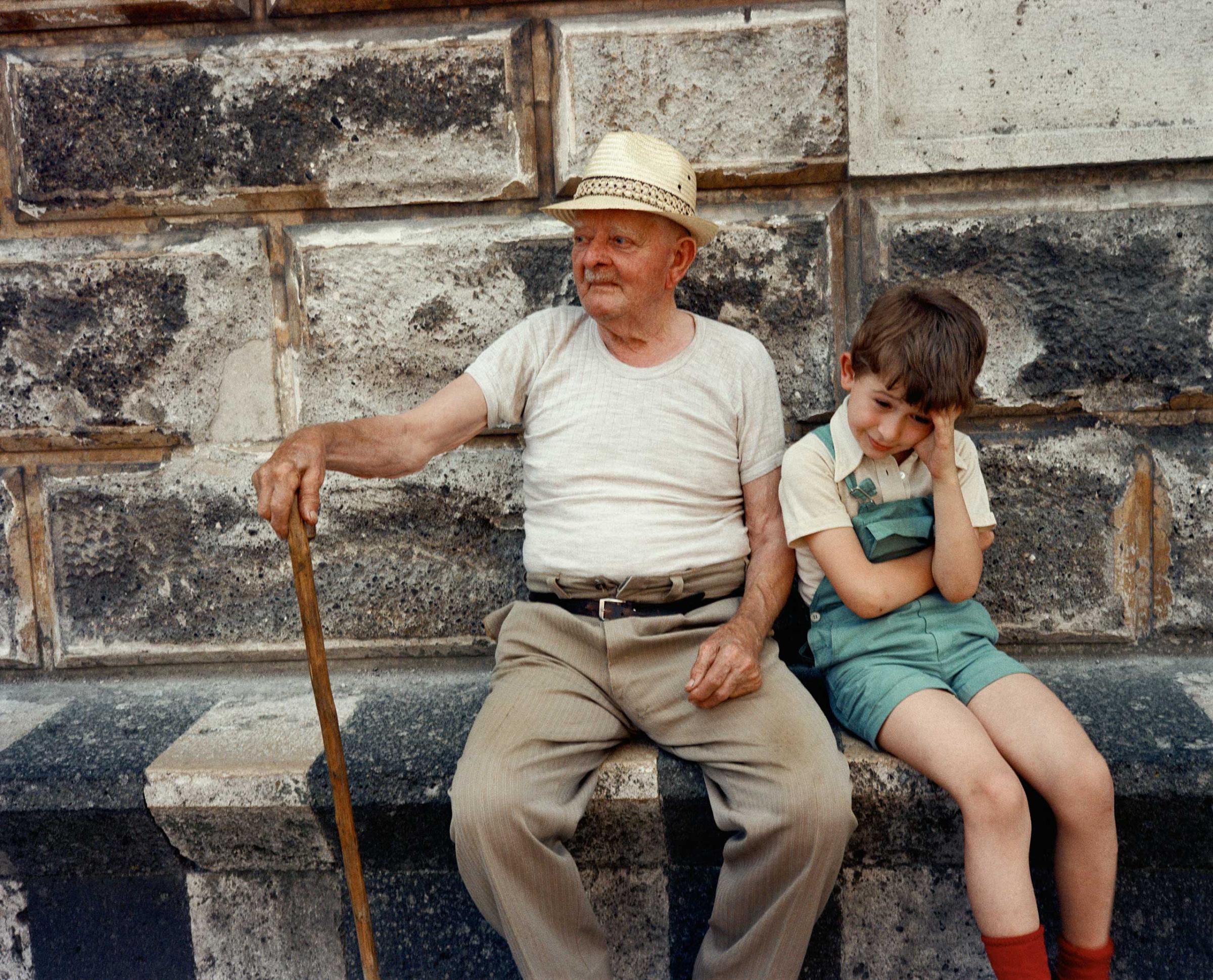
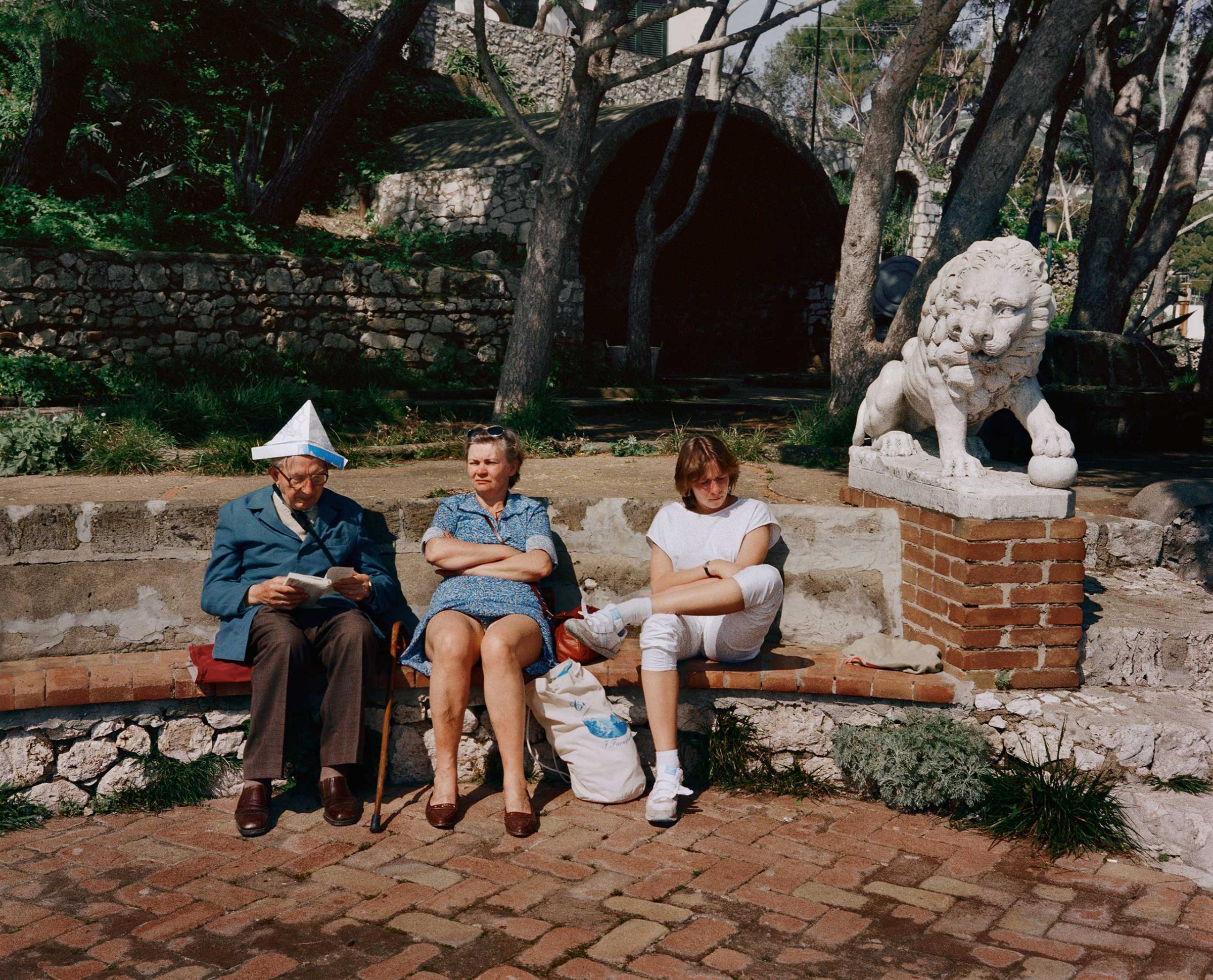
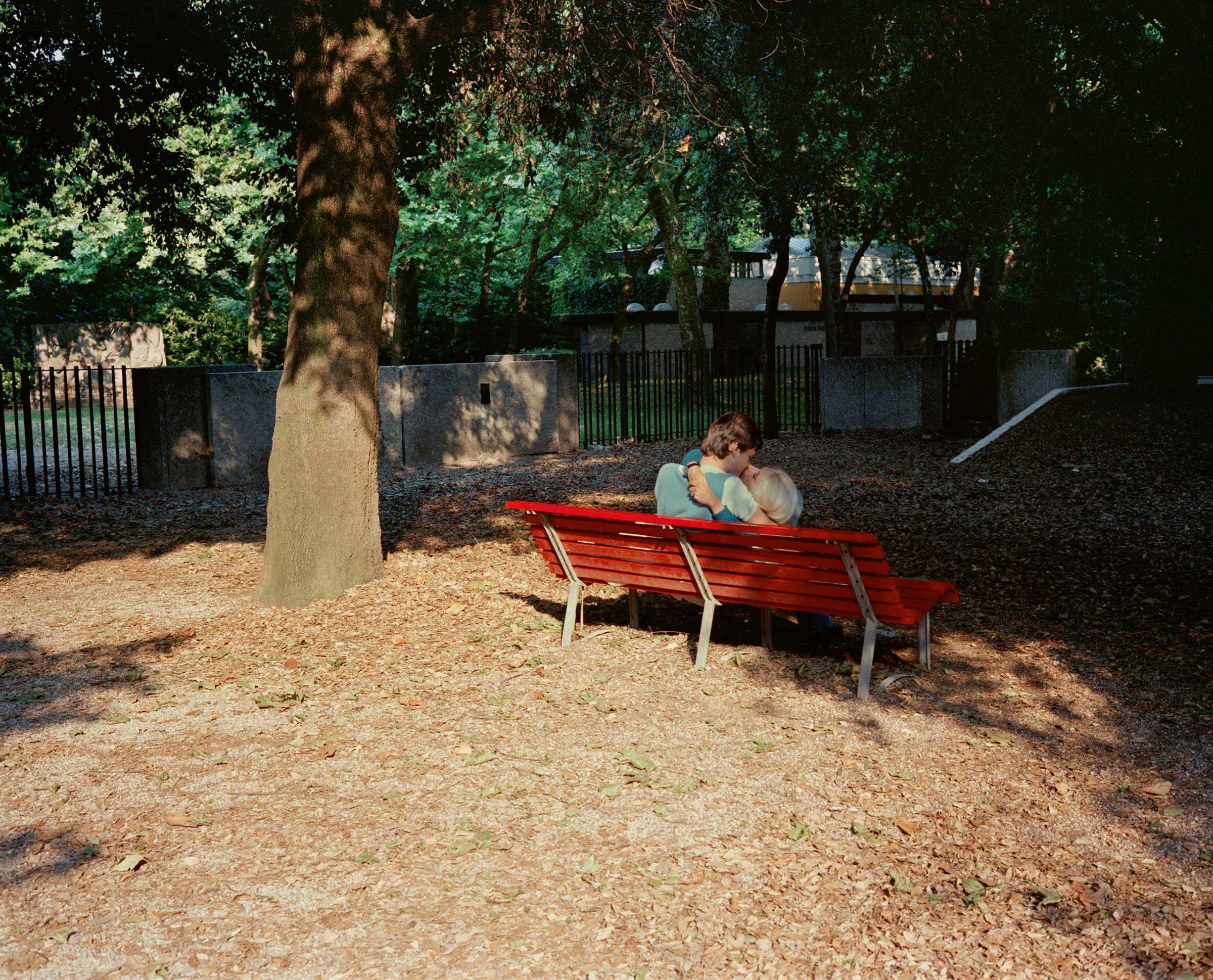
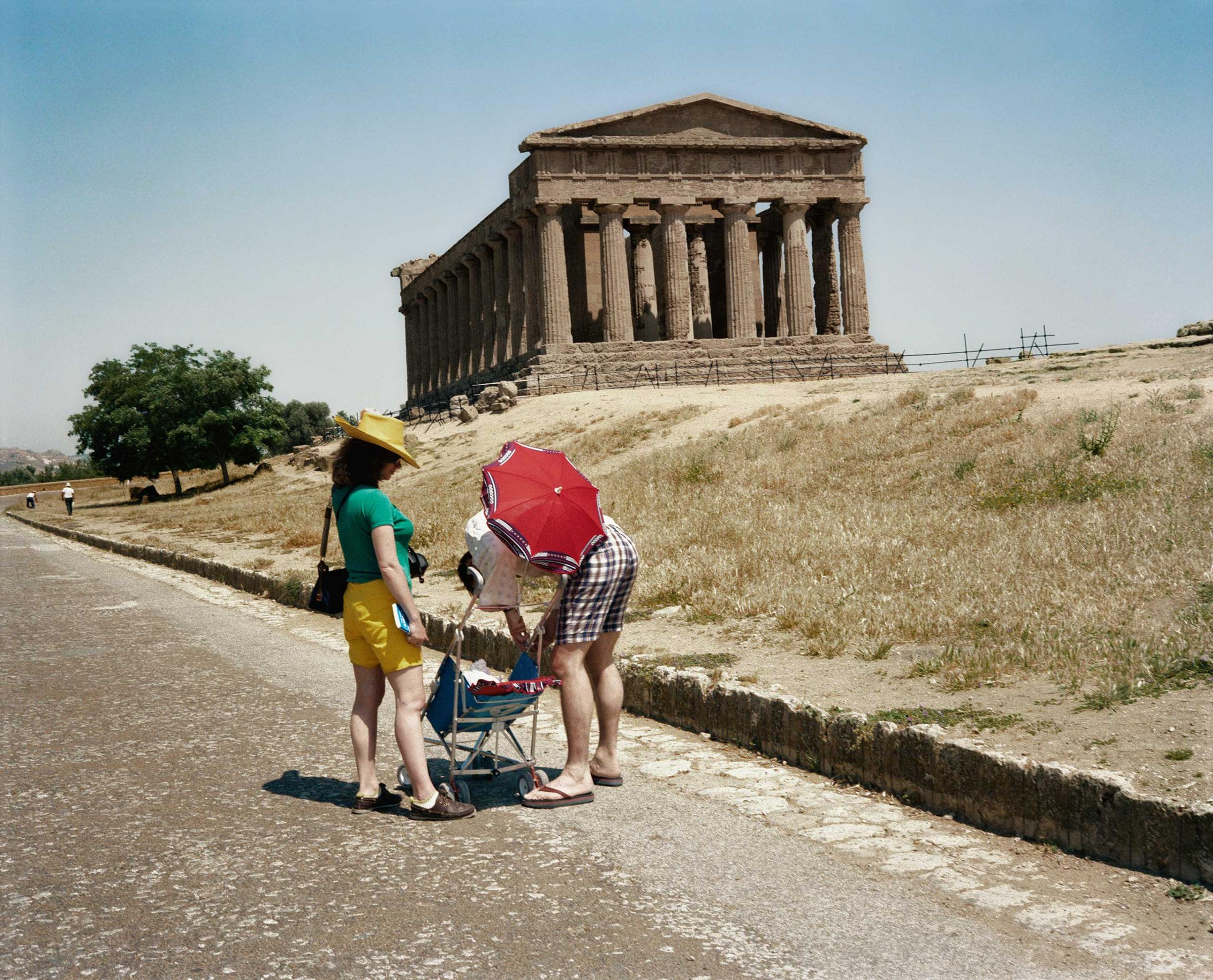
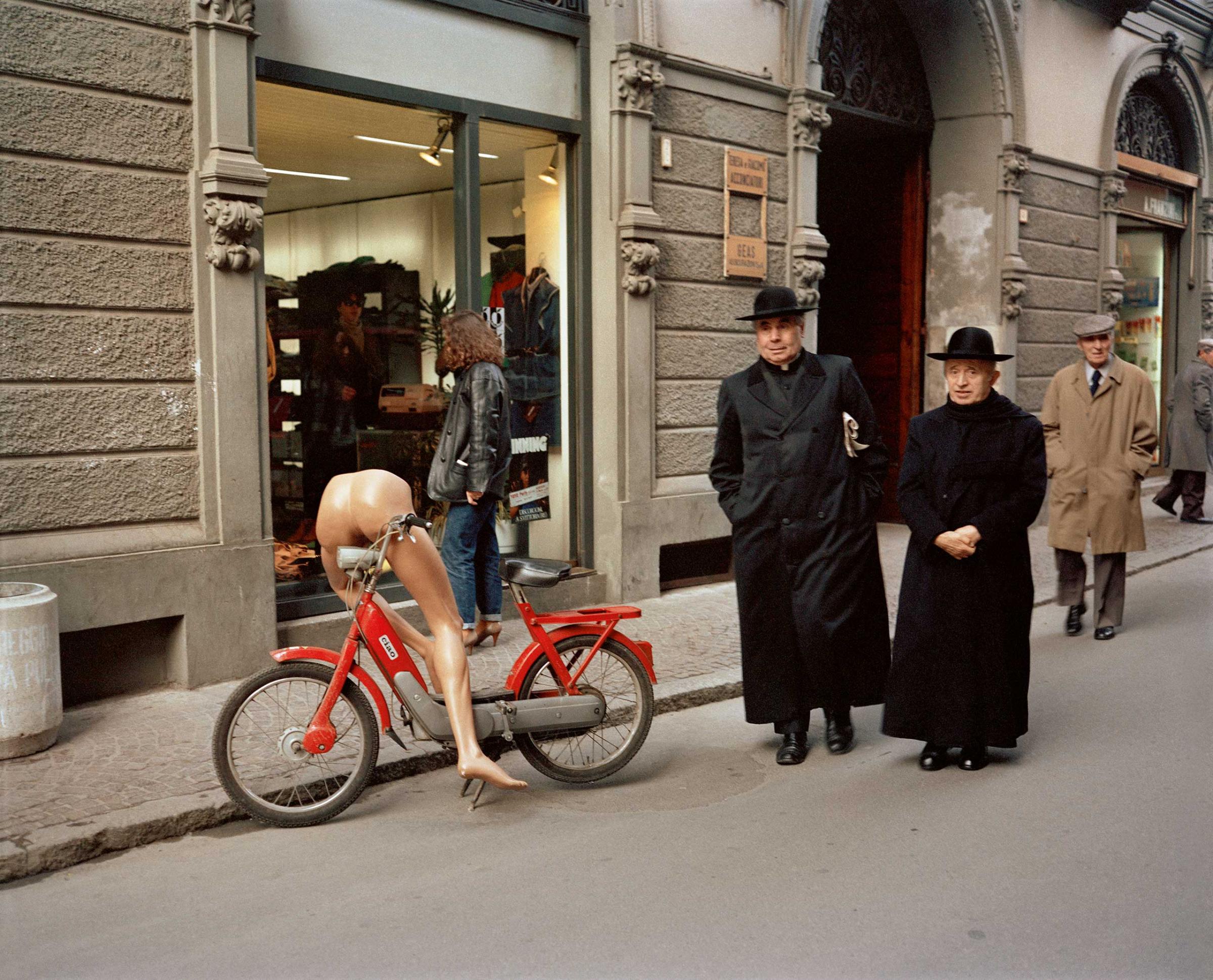
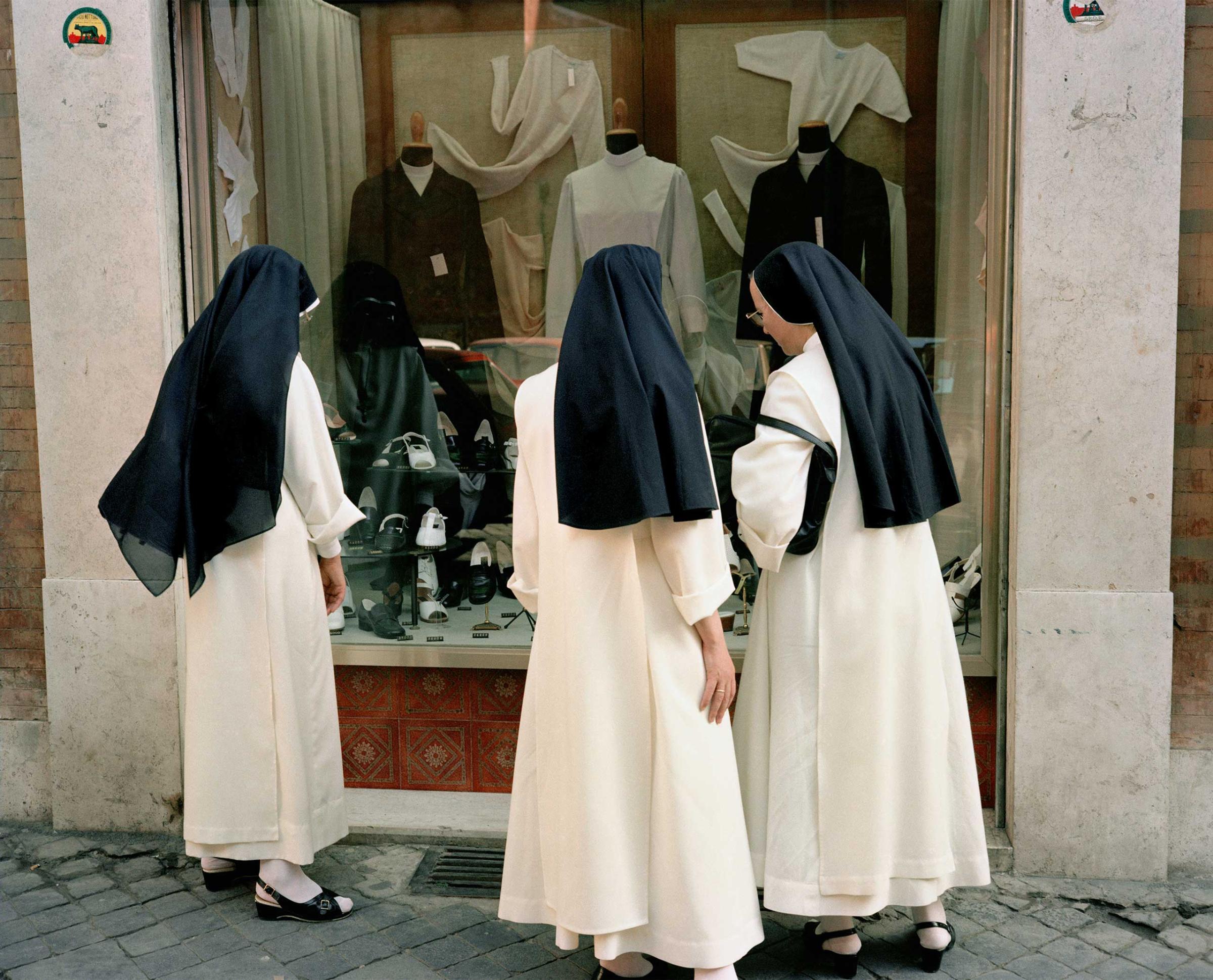
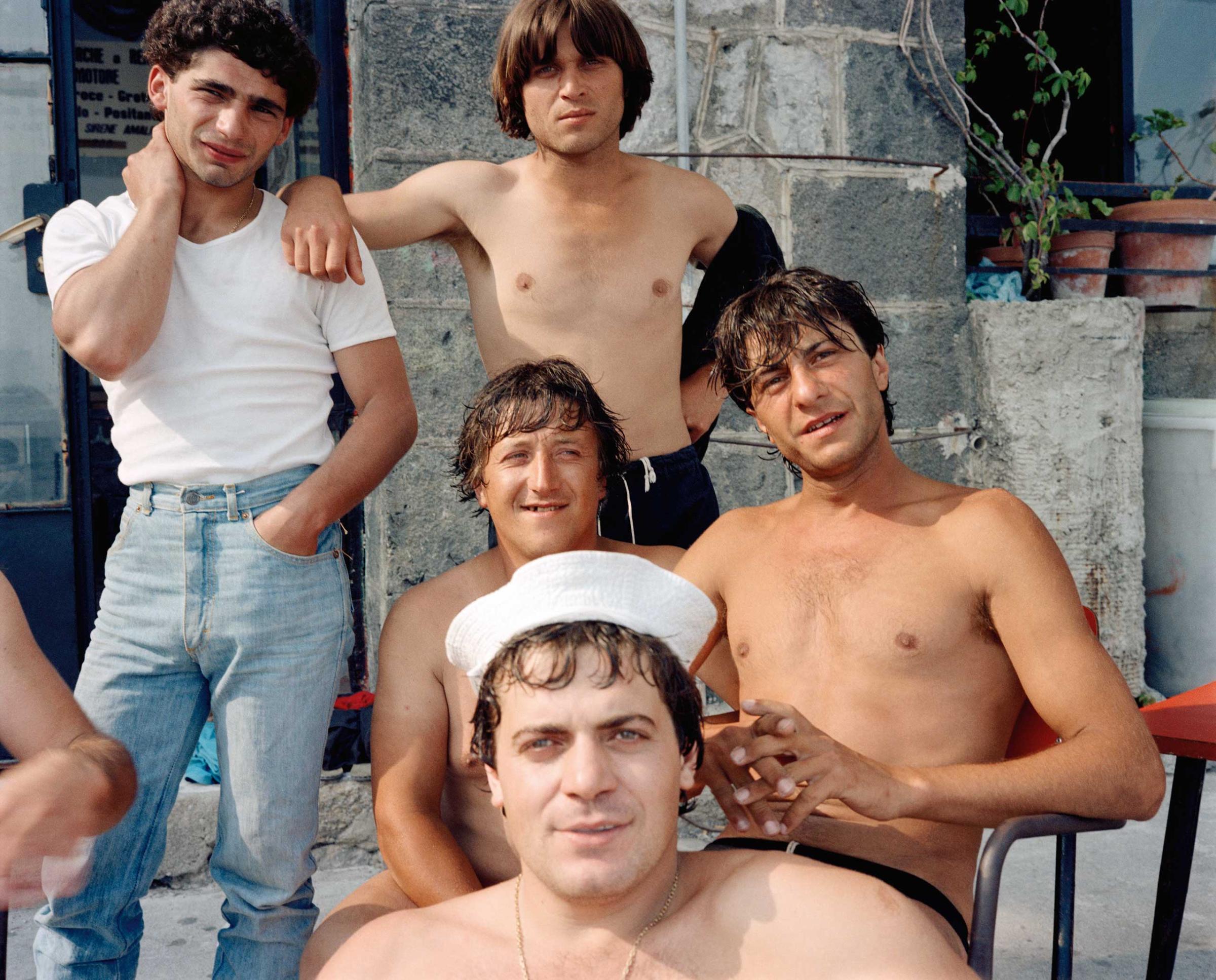
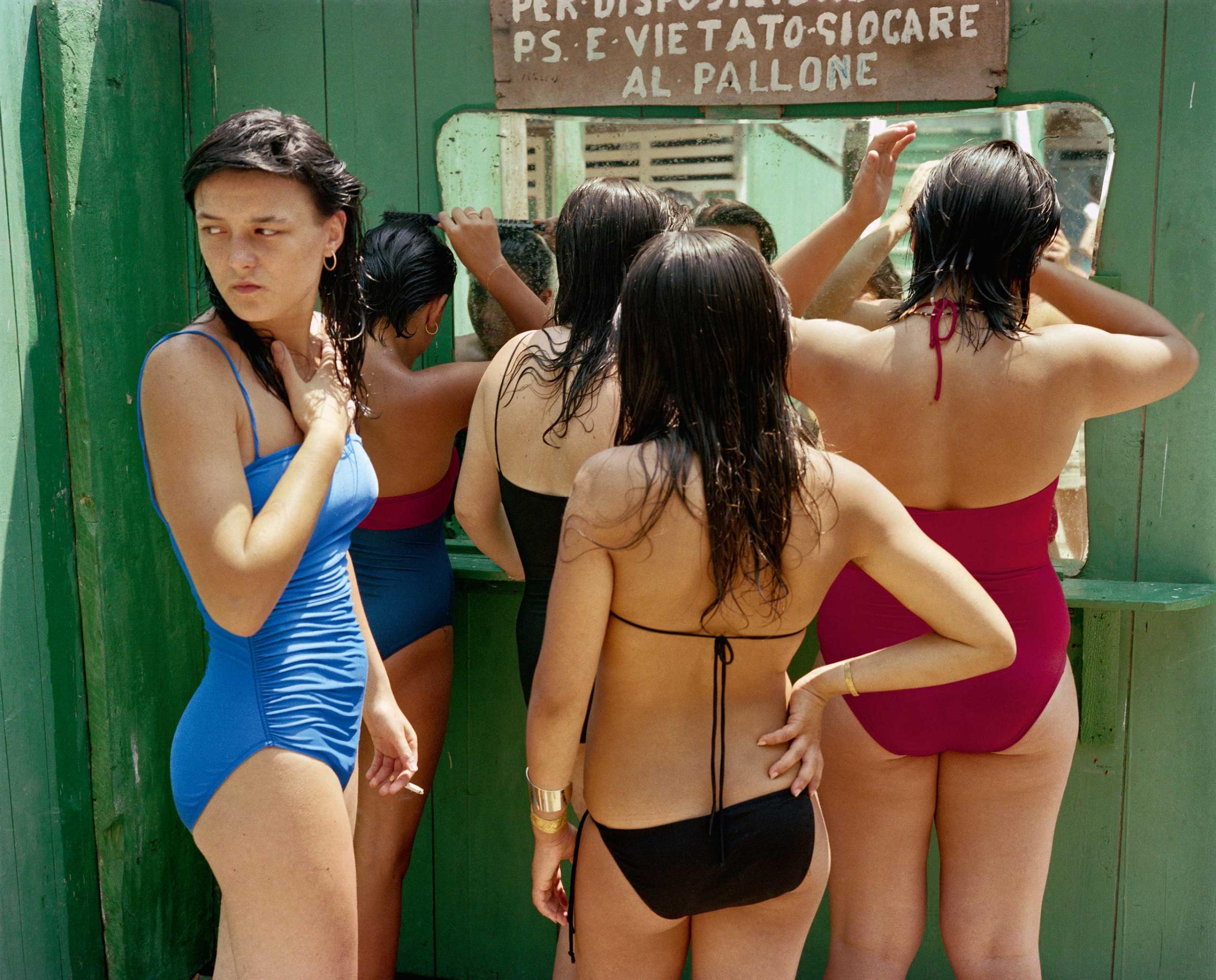
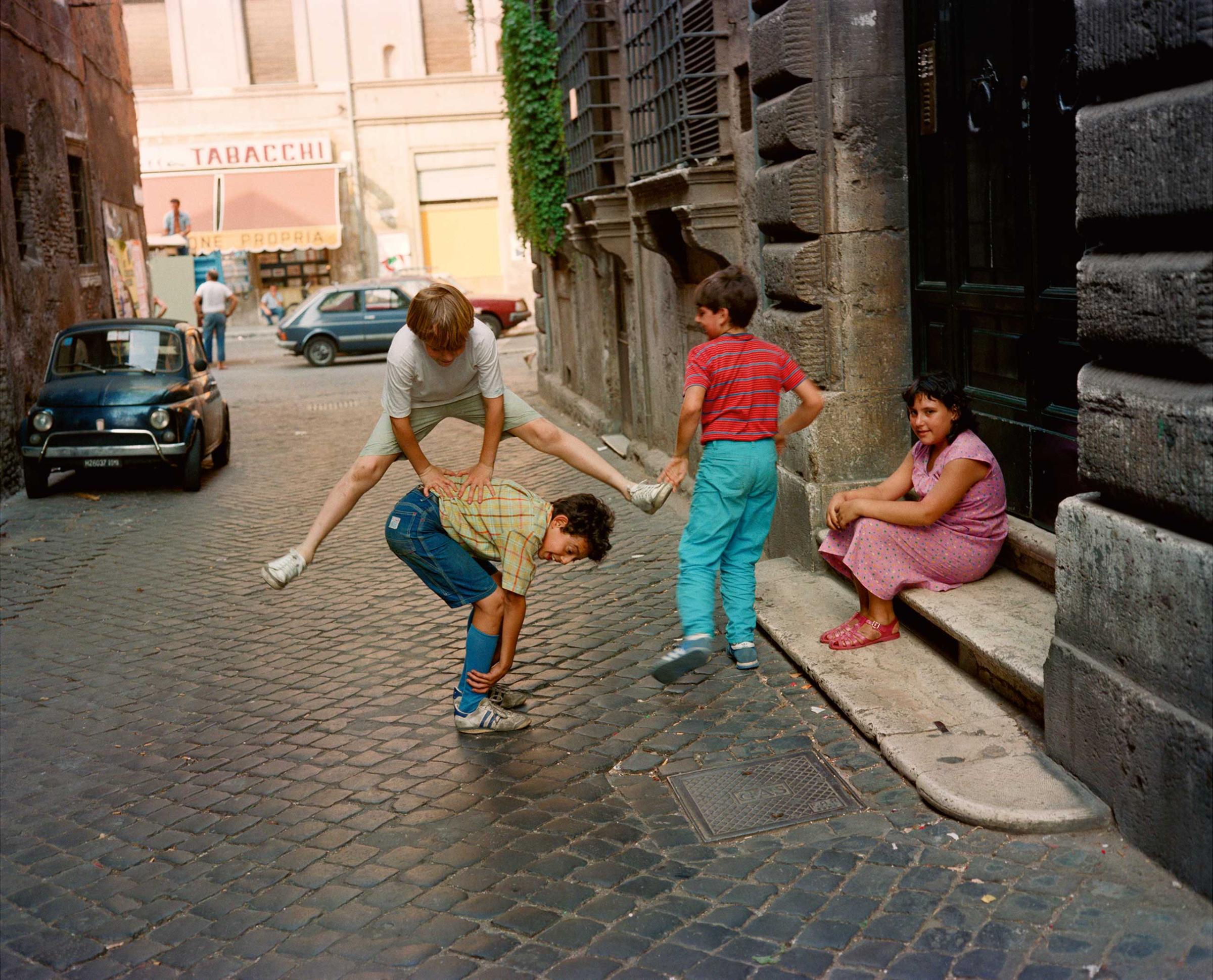
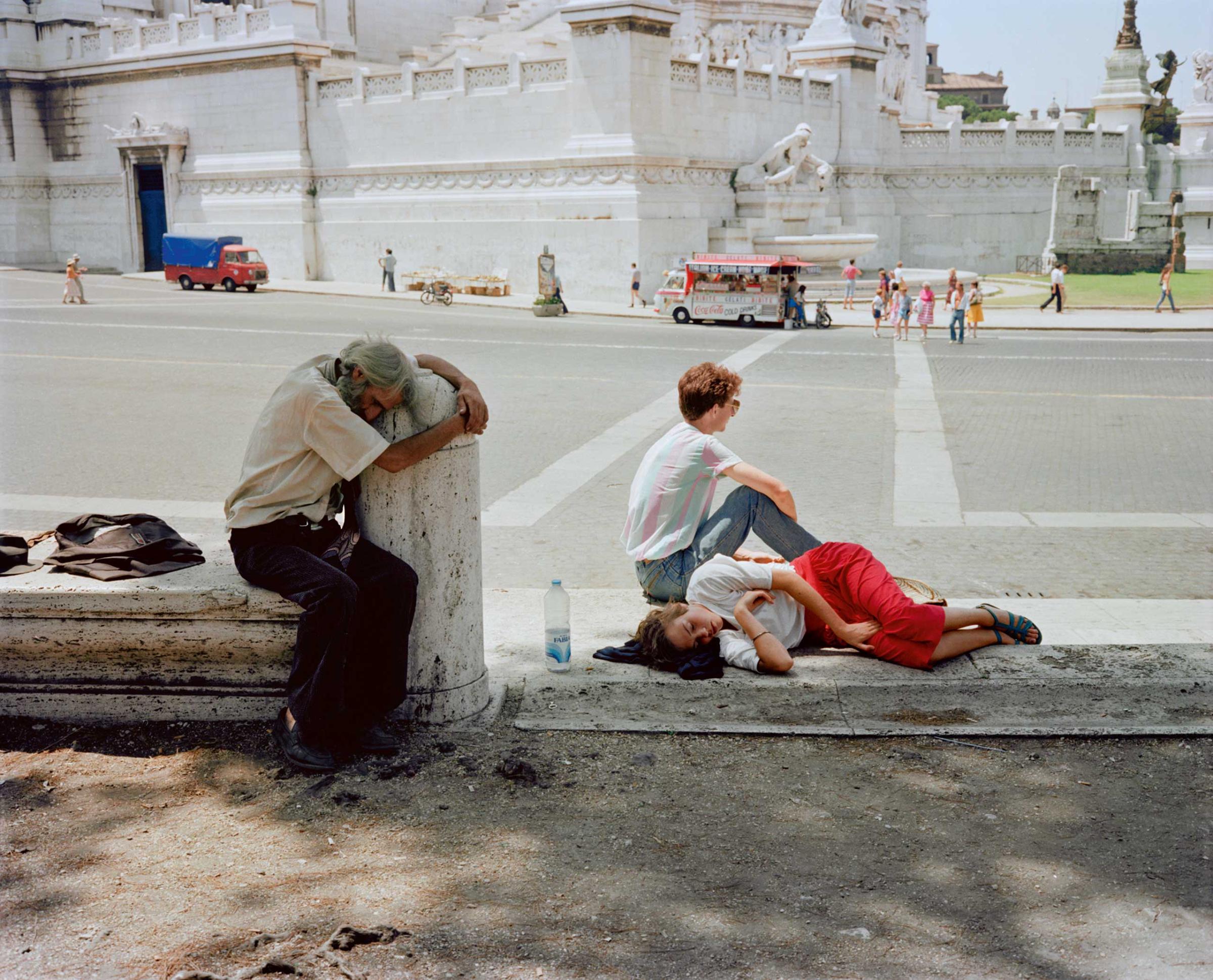
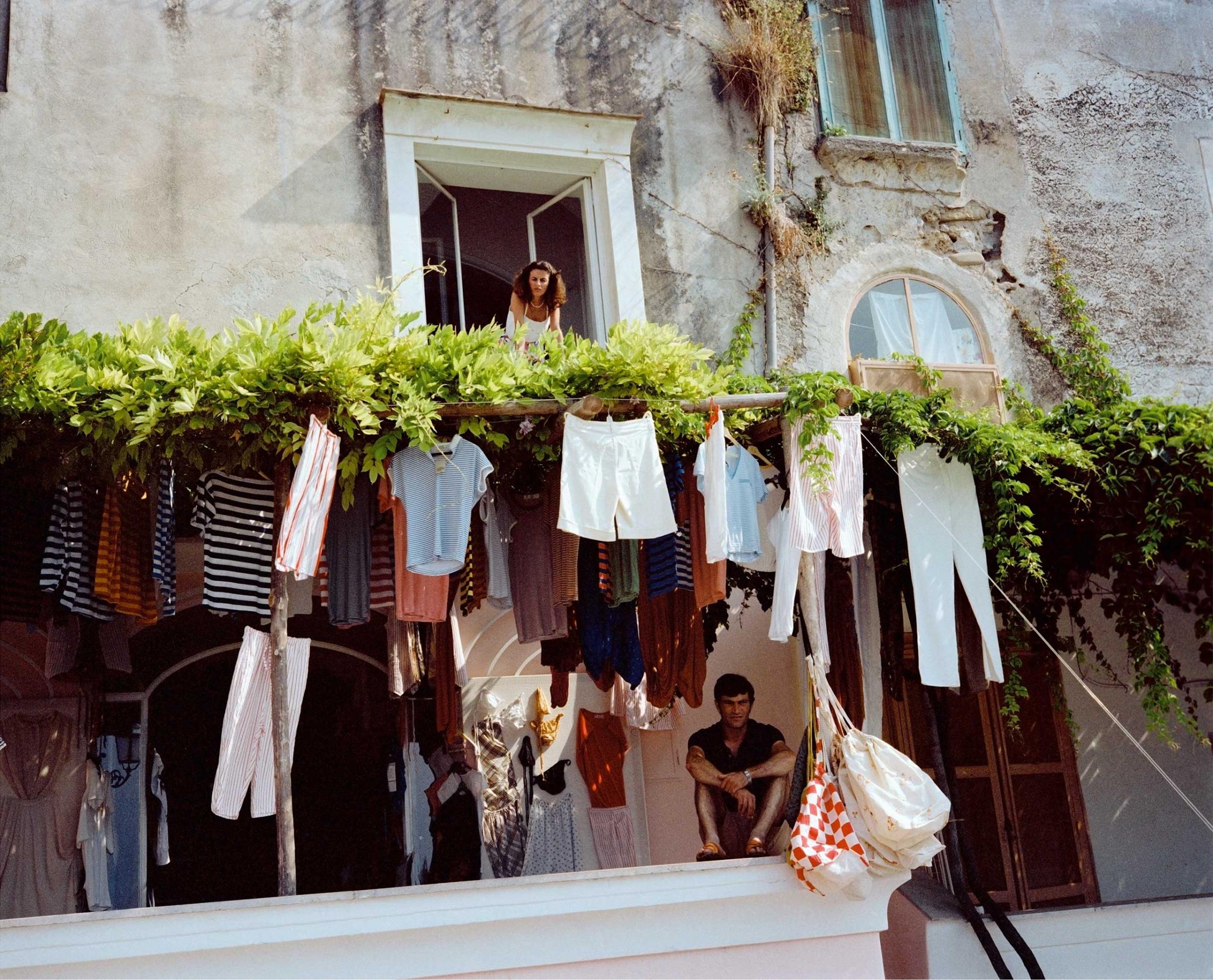
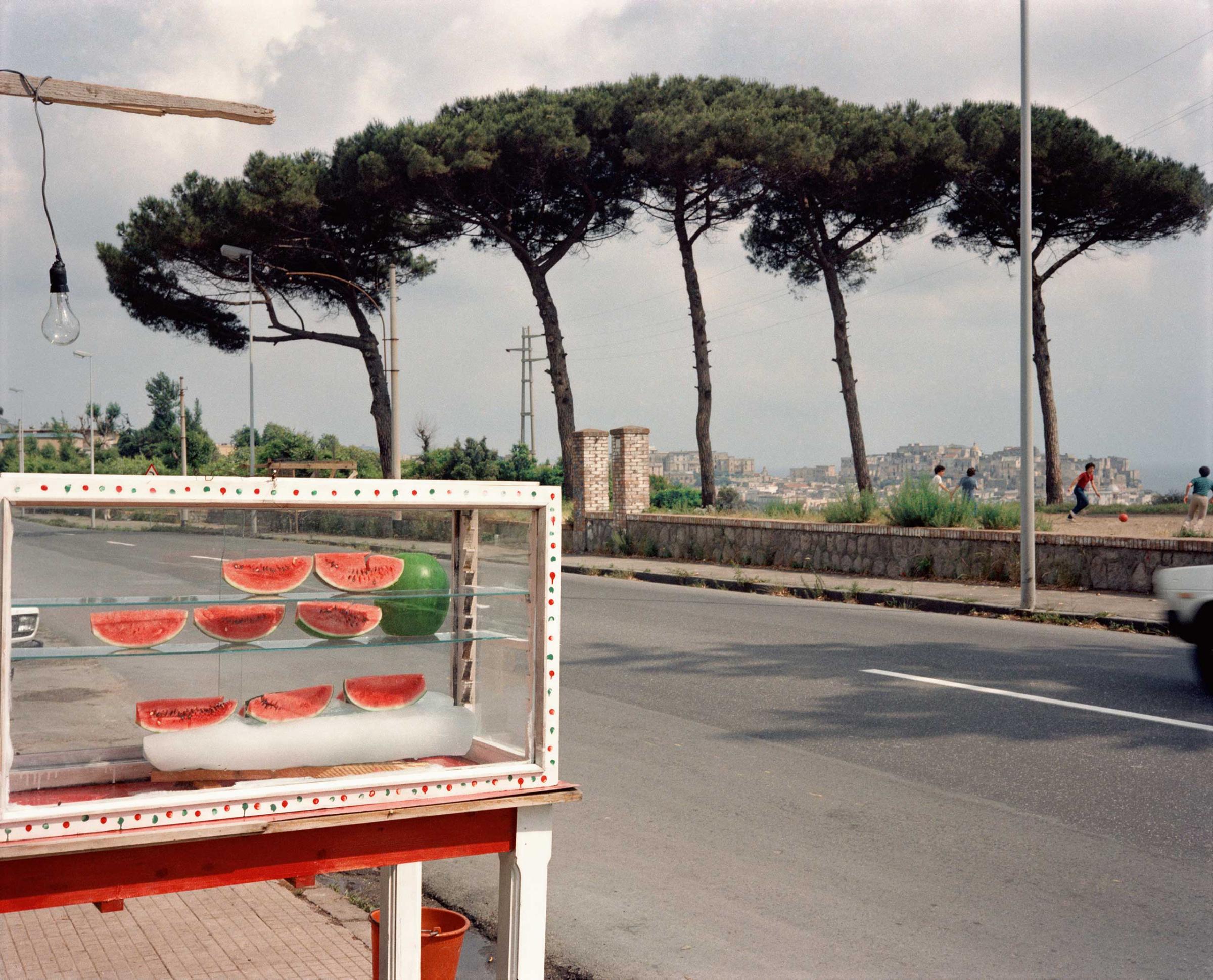
More Must-Reads from TIME
- How Donald Trump Won
- The Best Inventions of 2024
- Why Sleep Is the Key to Living Longer
- Robert Zemeckis Just Wants to Move You
- How to Break 8 Toxic Communication Habits
- Nicola Coughlan Bet on Herself—And Won
- Why Vinegar Is So Good for You
- Meet TIME's Newest Class of Next Generation Leaders
Contact us at letters@time.com